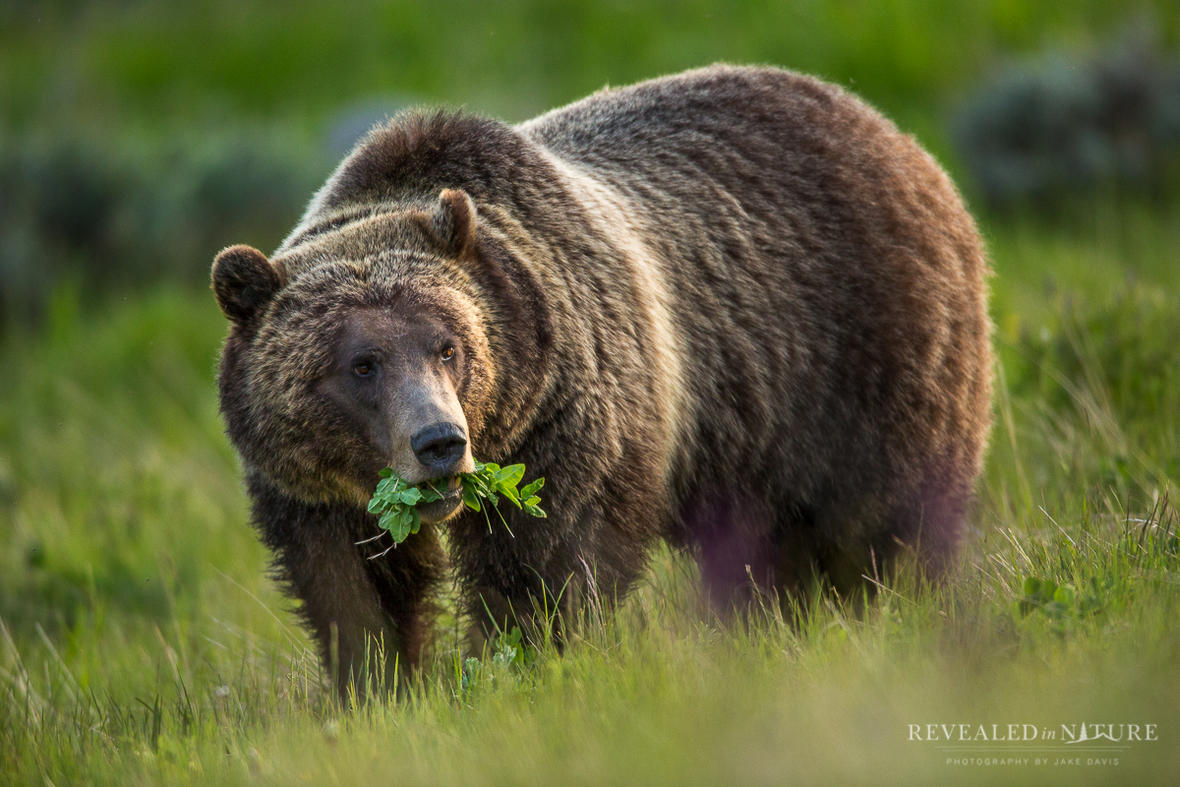The U.S. Fish and Wildlife Service is recommending no change to the current listed status of the grizzly bear in the lower-48 states as threatened under the Endangered Species Act following the completion of a five-year status review. The agency says the recommendation follows a thorough review of the best available science, informed by an independently peer-reviewed species status assessment.
The grizzly bear is listed under the ESA as a single entity in the lower-48 states. As such, the status review and recommendation is made to the listed species as a whole.
Although grizzly bear populations in the Northern Continental Divide and Greater Yellowstone ecosystems are biologically recovered, five-year status reviews must evaluate the status of a species as it is currently listed under the ESA to ensure it is receiving the appropriate level of protection.
The five-year status review is informed by a peer-reviewed species status assessment, which includes the best available scientific information. The assessment evaluated the species’ current needs, conditions and threats and model future scenarios. It also involved significant contributions from scientific experts, including an independent peer review as well as review by partners at federal, state and Tribal agencies.
Progress toward recovering the species has been made through partnerships with local, state, federal and Tribal agencies since the original listing in 1975.
This work among recovery partners is a significant factor in the species not being listed as endangered, says USFWS. However, considerable challenges remain to fully recover the grizzly bear in the lower-48 states, resulting in the recommendation to continue listing it as threatened.
These remaining challenges include limited habitat connectivity, management of access by motorized vehicles, human-caused mortality and uncertainty surrounding future conservation efforts in some ecosystems.
“The Service looks forward to continuing grizzly bear conservation work with partners at local, state, Tribal and federal agencies to fully recover the species.”

